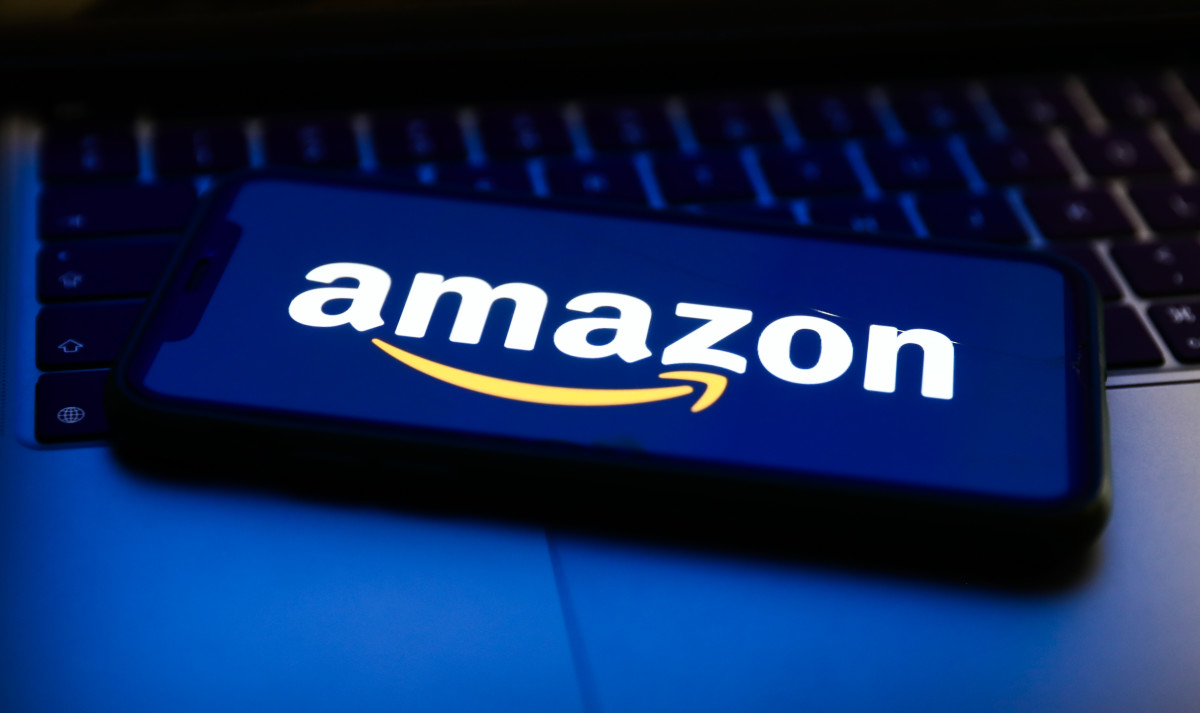
Amazon.com has made a bold move by filing a lawsuit against an organization that stole millions of dollars worth of merchandise from its online stores through what it describes as “systematic refund abuse.”
The group of alleged thieves in the lawsuit, filed Dec. 7 in Seattle, are identified as “individuals from around the world who operate under the name ‘REKK.’” Amazon (AMZN) -) claims that the group has over 30,000 followers and advertises refund services that “they fully admit are fraudulent.”
Related: Why it might be harder to return that holiday gift you hate this year
The online retail giant claims that REKK’s followers would pay the organization money to obtain a refund for a product that they want for free, and REKK would allegedly use methods such as “socially engineering Amazon customer service, phishing Amazon employees, manipulating Amazon’s systems through unauthorized access, and bribing Amazon insiders to grant refunds.”
The scheme would trick Amazon into giving refunds for products that “are never returned,” according to the lawsuit. Amazon also claims that the group “conspired to defraud” the company and “should be held to account for the significant harm caused to retailers and consumers.”
Retail fraud cost the retail industry over $84 billion last year, according to a 2022 Consumer Returns in the Retail Industry Report by the National Retail Federation.
Amazon's new lawsuit reveals that last year, the company spent roughly $1.2 billion and hired over 15,000 people to fight “theft, fraud, and abuse across its stores,” and uses “sophisticated machine learning (“ML”) models to proactively detect and prevent fraud.”
Amazon’s current refund policy states that customers will receive a refund after the returned item is received and processed at its facilities, which can take up to 30 days. But in some cases, Amazon may issue an “advanced refund” which is when a refund will be issued to a customer as soon as they drop off the item to a carrier and before it’s processed at a facility.
Amazon has made a few changes to its return policy this year in order to crack down on frequent returns. In March, Amazon unveiled a warning label on “frequently returned” products that will tell customers to double-check the reviews and details of the item to help avoid unnecessary returns.
Also, in April, Amazon began charging customers a fee of $1 to return their items at UPS if a free drop-off location such as one at a Whole Foods, Amazon store or Kohl’s is located closer to them.
This holiday season, Amazon retailers have also been implementing stricter return policies of their own. A recent survey by returns services firm goTRG, which questioned more than 500 U.S. retailers (including Amazon), revealed that 42% of retailers this holiday are planning to shorten the amount of time allowed for an item to be returned. Also, more than 50% of the retailers said that they are planning on charging customers return fees for sending back items.
Simplify the pulse of the market landscape with bite-sized intel from the masters. Real Money Pro is your dynamic financial ally, transforming market insights into strategic moves. Start your membership to elevate your portfolio.







